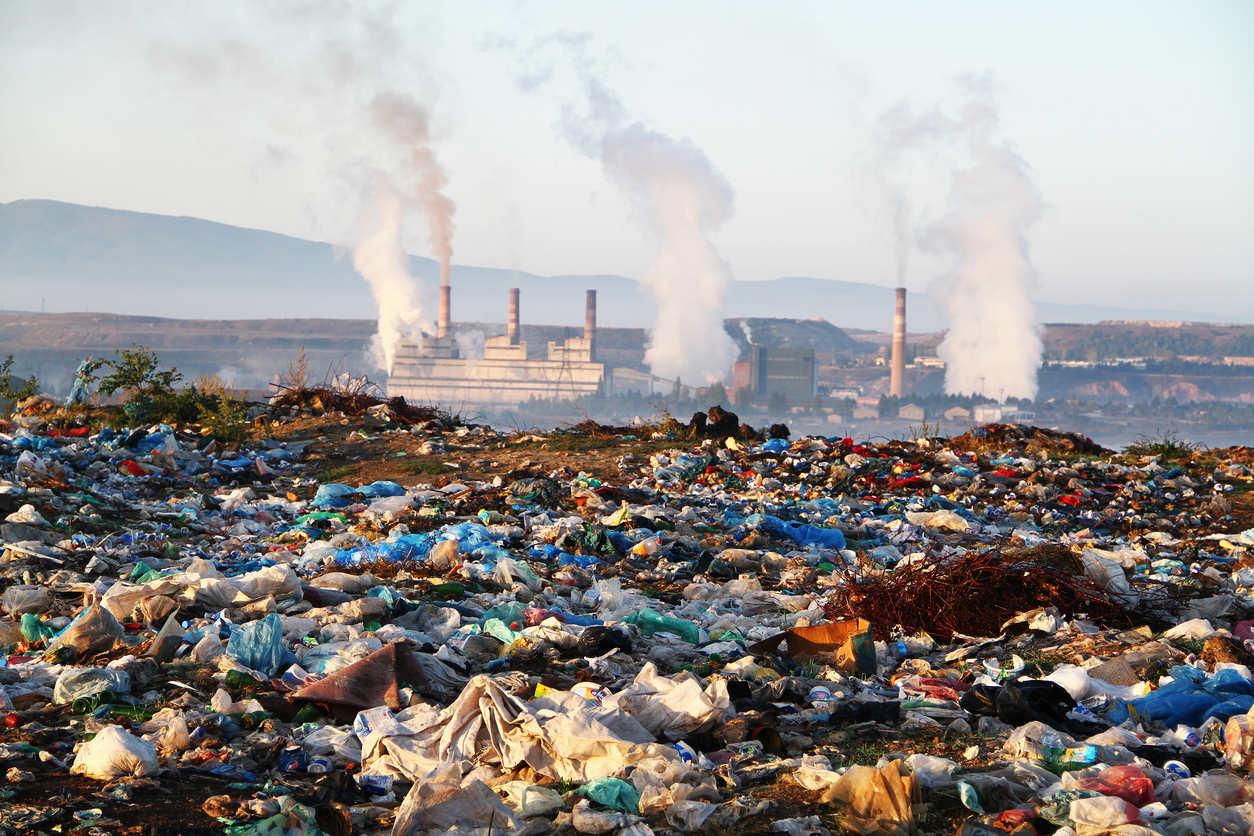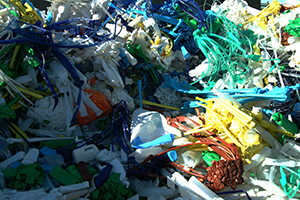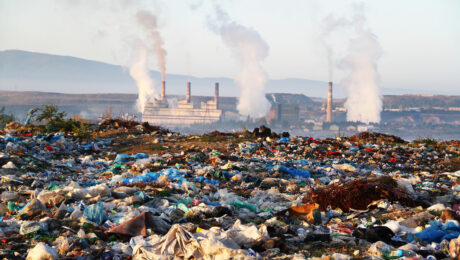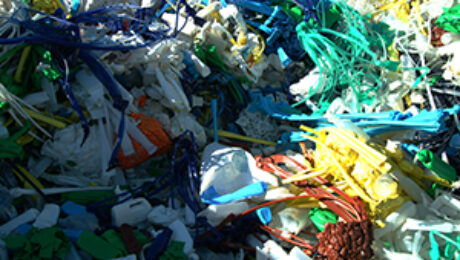
Wasted Health: Pollution is Killing Millions
Two years after ISWA’s Report “Wasted Health: The tragic case of dumpsites” that described the linkages between the world’s dumpsites and human health, a new landmark report that was published recently by the Lancet Commission on Pollution and Health reveals that pollution kills at least nine million people and costs trillions of dollars every year. This report stems from the most comprehensive global analysis to date,
and warns the crisis “threatens the continuing survival of human societies”.
A comparison of the two reports reveals important common conclusions and concepts, highlighting that the health impacts of pollution, as well as the health impacts of dumpsites, remain rather underestimated.
Both reports concluded that the assessed health impacts are probably the minimum ones that can be estimated with very conservative assumptions.
Parallels Between Lancet Commission on pollution and health and ISWA’s Wasted Health
The new report estimates that diseases caused by pollution were responsible for an estimated 9 million premature deaths in 2015—16% of all deaths worldwide — a staggering number and three times more deaths than from AIDS, tuberculosis, and malaria combined and 15 times more than from all wars and other forms of violence. In the most severely affected countries, pollution-related disease is responsible for more than one death in four…
Source ISWA NEWS; Read the full article – click here

SWESTEP Plastic to Liquid to Plastic Recycling
People all over the world are throwing out large quantities of plastic each year, representing a huge sustainability issue. SWESTEP aims to address this by converting household plastic waste into sustainable oil and new plastic raw materials.
Over the past year, the Swedish green tech company has been working closely with Climate-KIC and the City of Copenhagen to carry out a feasibility study on the conversion of plastic waste to new sustainable oil. SWESTEP havedeveloped an industrial process capable of turning all hydrocarbon-based waste and residues, including plastic, into renewable fractions. In practical terms, this means that any organic waste stream can be considered as a feedstock, and duly be transformed into a wide range of renewable fuels or useful sustainable oil/liquids to be used again.
In theory, this process could have huge implications for how we deal with plastics, as well as waste management in general, as it could lead to the establishment of major circular economy loops into a city’s ecosystem, provide new sources of renewable energy, and create new revenues and jobs—effectively converting what was previously considered waste into a resource. One key aspect of SWESTEP’s technology is that it can mixe waste streams simultaneously just as effectively processed as sorted ones. This contrasts wildly with the status quo, in which mixed waste streams require appropriately sorting before the separate input material can be recycled.
Creating industrial inputs from waste plastic for industries that typically require fossil-based fuels or petrochemicals for major parts of their operations doesn’t just represent a welcome remedy to the problem of municipal waste, it also embodies potential to reduce the consumption of fossil-fuels and thus, contributes to climate change mitigation.
Source – Polyestertime, read full article here

Interesting Conference with focus to make the aviation industry more sustainable.
The goal with the conference is to seek an agreement on tangible ways to promote uptake of sustainable jet fuel in the Nordic countries and possible offer examples for other regions and countries to follow.
The ambition is to involve all stakeholders in the aviation industry and aviation fuel suppliers as well as civil society organisations, national authorities and ministers responsible for energy and/or aviation.
The aviation industry aims to stabilise CO2 emissions at 2020 levels and requiring airlines to offset the growth of their emissions after 2020. One of the measures required is increasing the use of sustainable jet fuel. Development, production and supply of sustainable jet fuel involves many sectors and actors. There is a need to think across both ministries, business models and national borders. Being in forefront of these developments will attract investment, create clean technology solutions and new jobs.
Nordic Energy Research (NER) together with Nordic Initiative for Sustainable Aviation (NISA) will host this conference to promote Nordic leadership in sustain-able jet fuels. Our intention is to consider key recommendations from stakeholders in-order-to explore how various initiatives, policy frameworks can enable increased use of sustainable jet fuel in the aviation sector.
Read more about NER – Nordic Energy Research and NISA – Nordic initiative for Sustainable Aviation

SWESTEP was invited by Scandinavian Partner LaB, on participating on a workshop on the EU project INTERREG Öresund, Kattegat, Skagerrak.
It turned out be an good, constructive and fruitful day with both new contacts and projects to follow up on.
Host of the event where for the event was SCANDINAVIAN PARTNER LAB is under the umbrella of INTERREG – Öresund, Kattegat, Skagerrak and the European Regional Development Fund.
On the picture from the left; JP Morgan Friberg Creative Director – New Business SWESTEP, Ole Langeland Pedersen – Consult and advisor INTERREG ÖKS / EU
Link to more information about Scandinavian Partner LaB – Click here




